Lightweight, soft, wearable robots that people can wear all day, every day, to help them regain use of their upper extremities.
Get the latest international news and world events from around the world.
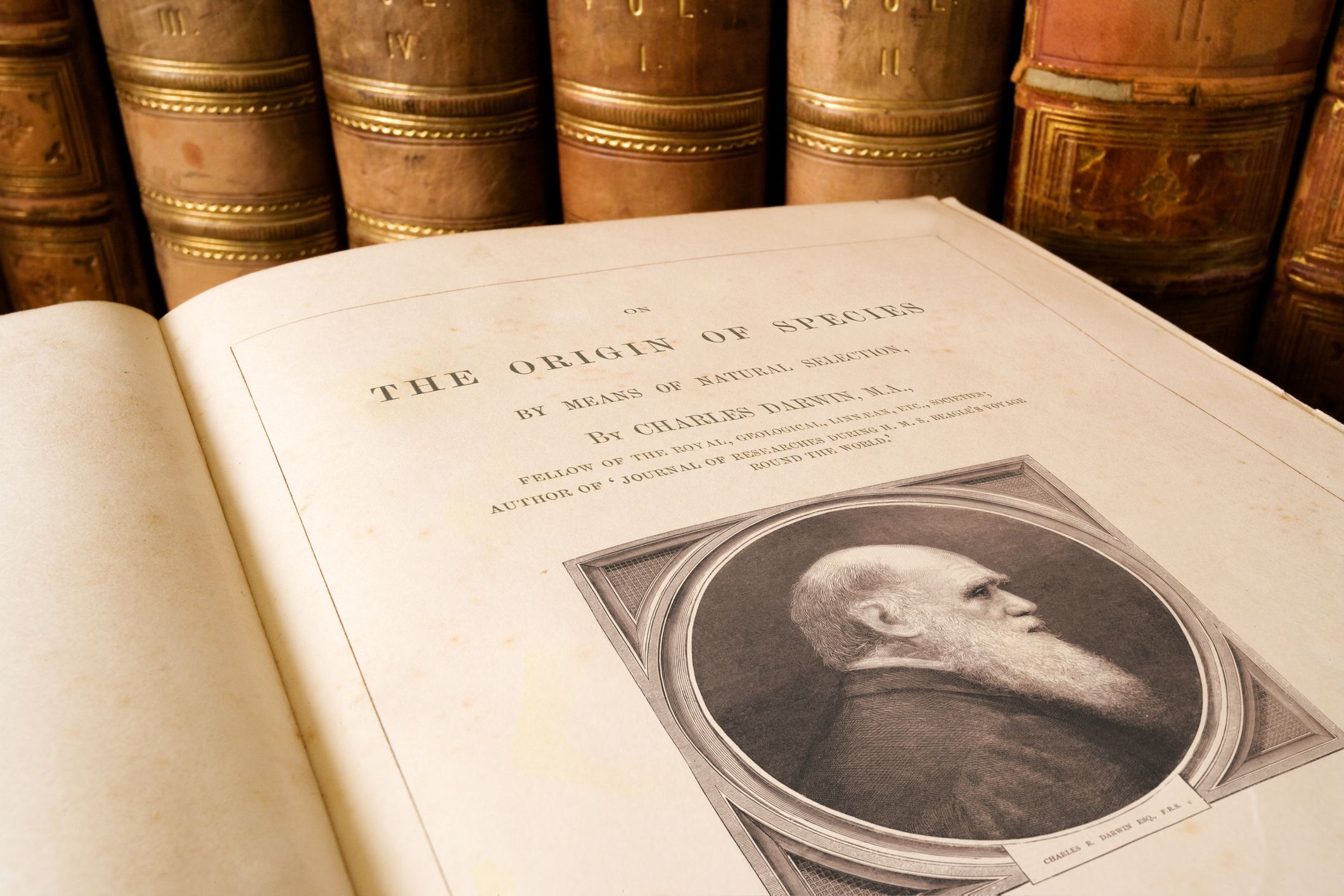
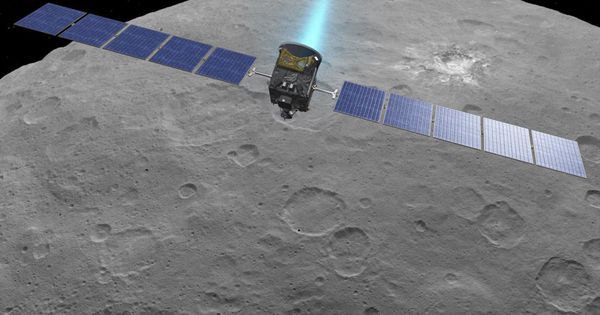
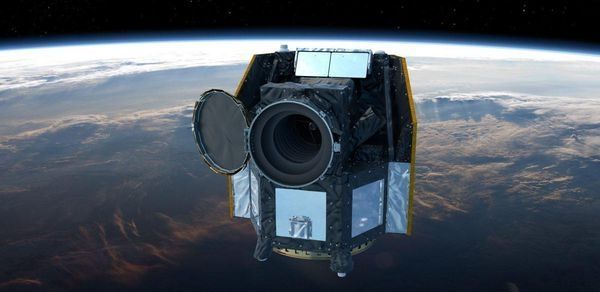
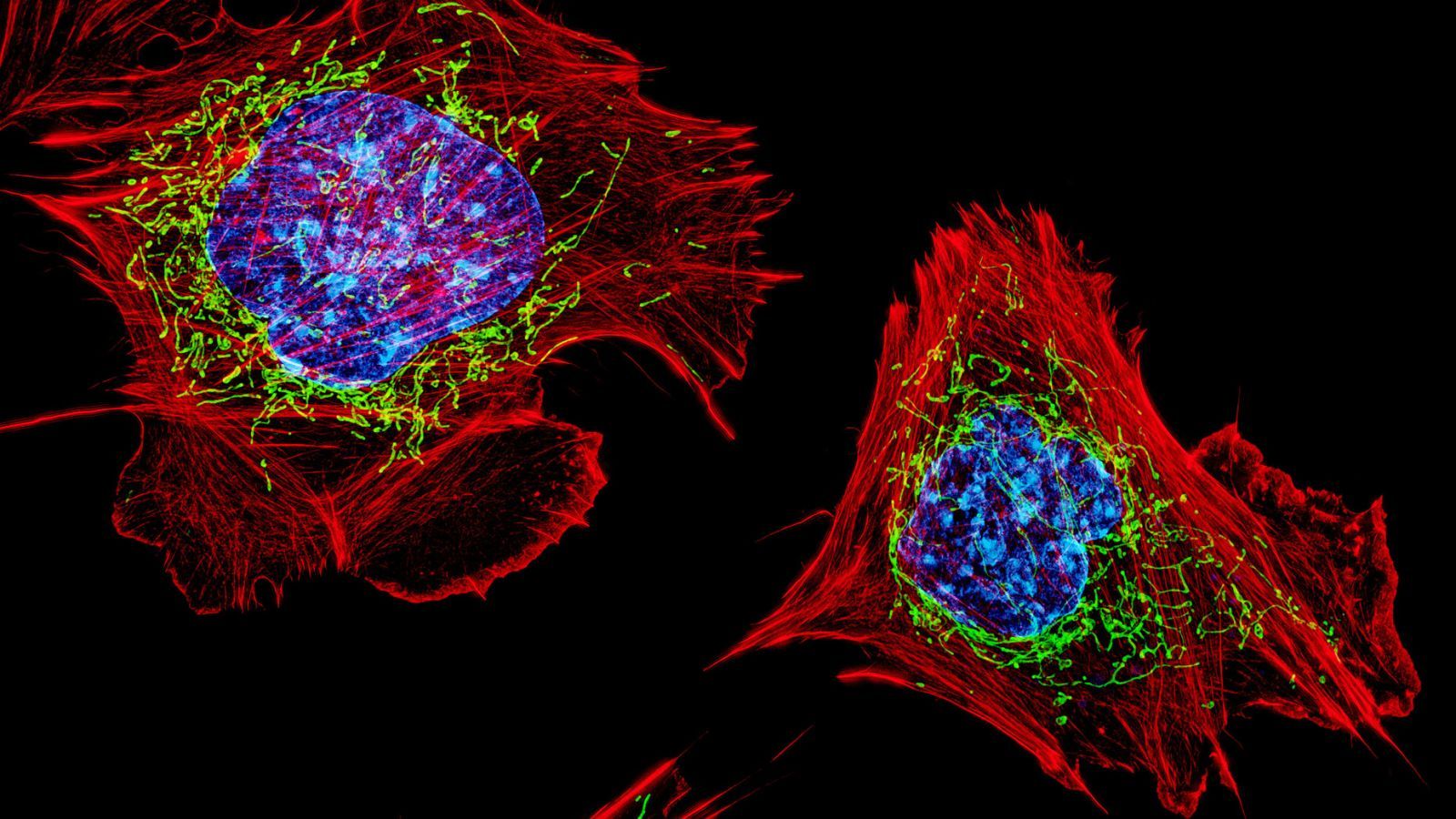
DNA That Should Only Pass Down From Mothers Can Come From Fathers, Too
You probably learned two things about mitochondria in high school biology. First, they’re the powerhouses of the cell. Second, you can only inherit them from your mother. But a new study seems to cloud that second point.
A team of researchers from the United States, China, and Taiwan identified three unrelated families with members whose mitochondria contained DNA from both parents. While this discovery could reignite debate about the nature of inheriting mitochondrial DNA, the researchers hope it will open up new ways to treat disease.

The FDA is revamping the medical device approval process
This story was delivered to Business Insider Intelligence “Digital Health Briefing” subscribers hours before appearing on Business Insider. To be the first to know, please click here.
In order to advance innovation and keep pace with the rapidly evolving healthcare industry, the US Food and Drug Administration (FDA) is modernizing the approval process most medical device manufacturers undergo when bringing new products to market.


950-Mile-Long Cloud Spotted Over Martian Volcano. And It Has Staying Power
A mysterious white-colored plume extending some 950 miles (just over 1,500 kilometers) has been spotted on the leeward side of the Arsia Mons volcano on Mars.
Unlike other Martian cloud structures that seem to poof in and out of existence, this one has staying power, with the lengthy plume hovering near Arsia Mons since Sept. 13 and seen as recently as Nov. 12, according to the European Space Agency. The agency’s Mars Express camera has been recording images of the mountainous cloud.
“Montane clouds are very common on Mars, but it was the length of the cloud and its duration that makes it interesting,” said Francois Forget, a senior research scientist at the National Center for Scientific Research (CNRS) in Paris. “Usually, it is more localized to the volcano.” [The 7 Most Mars-Like Places on Earth].
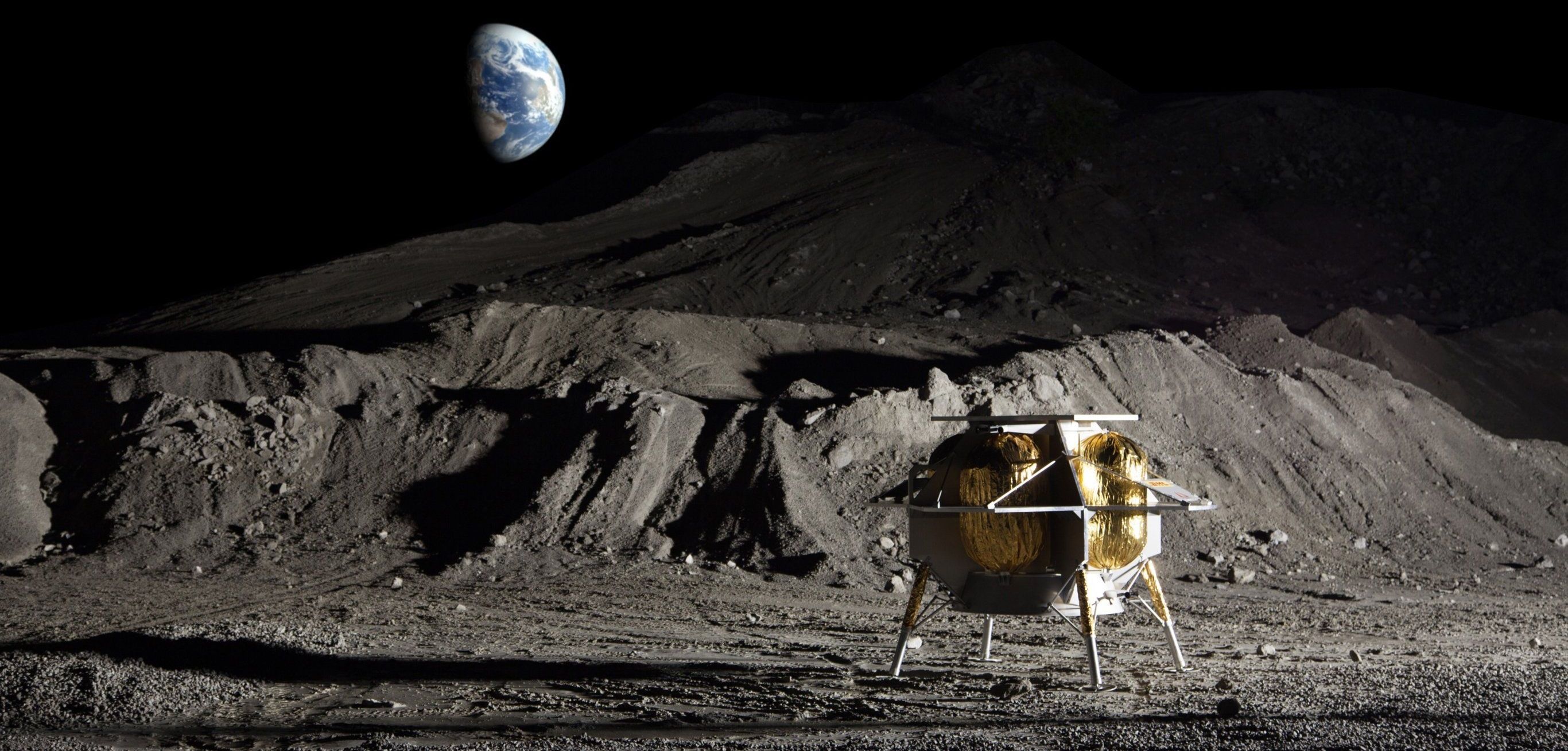
NASA administrator: ‘The US is returning to the surface of the moon, and we’re doing it sooner than you think!’
A big announcement from NASA about landing on the moon is coming on Thursday.
- The last time NASA landed a spacecraft on the moon was in December 1972.
- The US space agency said it’s about to announce “moon partnerships” with American companies to return to the lunar surface.
- NASA administrator Jim Bridenstine claimed the new moon missions will occur “sooner than you think!”
- NASA is withholding details of the announcement until Thursday afternoon, but Business Insider has independently confirmed some information.
If NASA’s stunning landing of a car-sized robot on Mars didn’t already whet your appetite for space exploration this week, mark your calendar for 2 p.m. EST on Thursday.
That’s when NASA plans to give an update about a program that aims to land privately developed spacecraft on the moon.